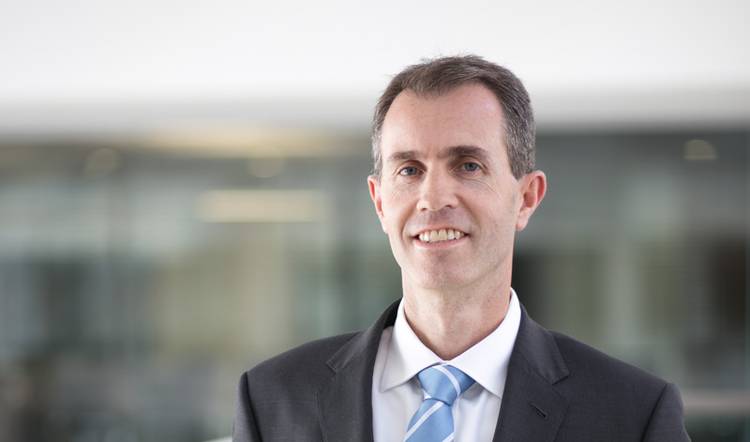
SA sees scope for further monetary easing
Word count: 872
Domestic equity markets followed global markets higher as trade tensions between the US and China eased somewhat and investors’ attention shifted towards a robust Q1 earnings reporting cycle abroad. The US Dollar strengthened on the back of higher interest rate expectations and weaker European data. This resulted in a lower rand and higher SA bond yields. The domestic equity market benefited from a weaker rand and a sharp rebound in mining shares as the High Court granted a declaratory order on “once empowered always empowered” thereby removing uncertainty on the ownership of existing mining rights. The spike in the oil price due to increased geopolitical tensions in the Middle East, strong underlying demand and disciplined output from OPEC and Russia further supported the performance of the sector during the month. But it wasn’t just the JSE Resources sector that performed well. Even though headline inflation in South Africa fell further due mainly to lower food prices, domestic bond yields moved much higher in sympathy with higher developed market yields where inflationary pressures are mounting. Market euphoria over South Africa’s leadership transition has abated as the year has progressed. Although policy uncertainty with regards to land ownership and the Mining Charter remains, investors should not lose sight of the recent positive changes implemented by president Ramaphosa. In addition to the High Court’s declaratory order relating to ownership of existing mining rights (which will be challenged by government), several other actions were taken during the month, including the appointment of a new Chairperson and Interim board at Denel and the appointment of an Economic Advisory Council with an investment team to help raise over $100bn over the next five years. Furthermore, minister Radebe signed a R56bn contract with renewable energy producers. The steps taken so far to stabilise state-owned enterprises (SOEs), with the objective of returning them to financial sustainability, are starting to yield positive outcomes. A few months ago, capital markets were completely shut to the SOEs, but now funders have become more comfortable and SOEs have been able to refinance maturing debt. This is critical not only for the certainty of medium-term service delivery, but also for the reduction of the immediate threat to government finances. The task ahead is still enormous for Public Enterprises Minister Pravin Gordhan, but some success spells good news for industries supplying the various SOEs as well as those consuming their services. Consumer and Business confidence has returned, which bodes well for an acceleration in economic activity towards the latter part of this year as companies start the process of rebuilding depleted inventory from an improvement in final demand. The latest confidence survey compiled by the Bureau for Economic Research (BER) highlighted that one of the inputs in measuring confidence, the “Political Constraints to Business” index, has fallen to a two-year low. At the same time, there has been a sharp recovery in intended investment in machinery and equipment, which provides further evidence that the economy is one step closer to the start of the next investment spending cycle.
